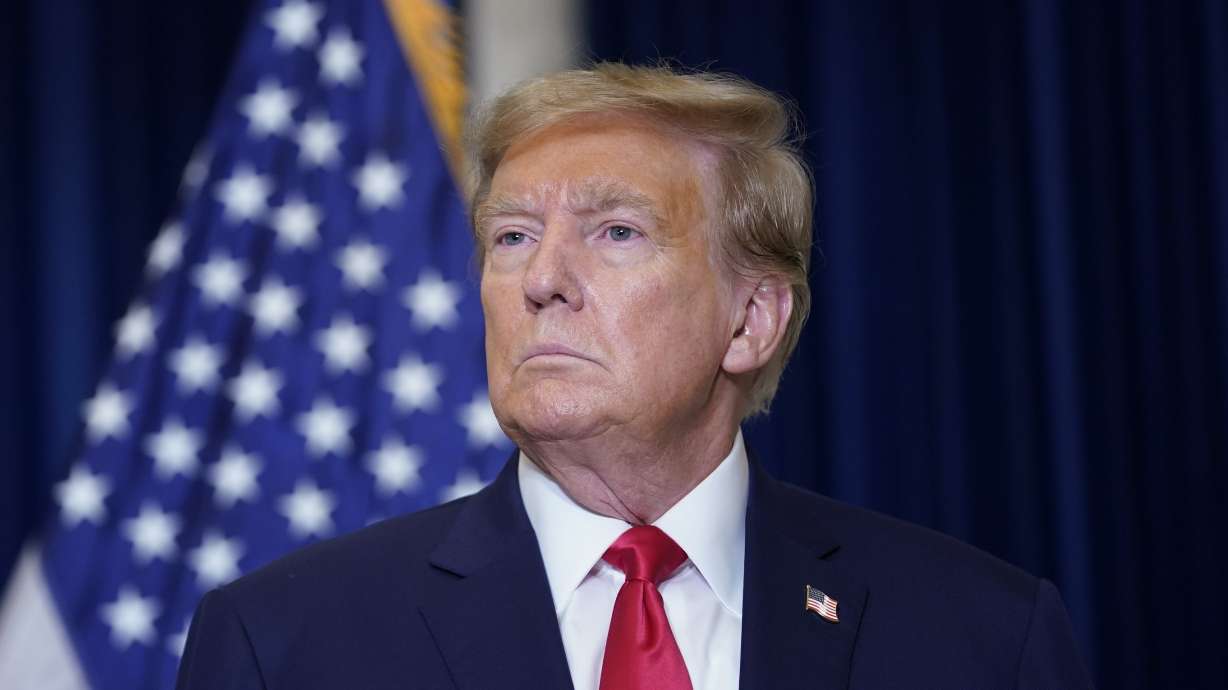The recent decision by a U.S. appeals court to reject former President Donald Trump’s claim of immunity in a federal election interference case has significant implications for the legal proceedings against him. The ruling, issued by a three-judge panel in the U.S. Court of Appeals, has garnered widespread attention and is expected to have far-reaching consequences as the case moves forward. The court’s rejection of Trump’s immunity claim paves the way for him to stand trial on charges related to his alleged efforts to overturn the results of the 2020 election.
The case revolves around Trump’s attempt to dismiss the charges against him by asserting “absolute immunity” based on his former status as president. However, the appeals court panel unanimously ruled that Trump is subject to federal criminal law and must face trial, emphasizing that “For the purpose of this criminal case, former President Trump has become citizen Trump, with all of the defenses of any other criminal defendant”.
The rejection of Trump’s immunity claim is a significant development in the legal proceedings against him, as it marks a departure from the notion of absolute immunity for former presidents. The court’s decision has been portrayed as a pivotal moment in American jurisprudence, with implications that extend beyond the specific case at hand. It is expected that Trump will appeal the decision to the Supreme Court, and the outcome of the case at that level will be of paramount importance in determining whether the former president will stand trial.
The ruling has sparked intense debate and commentary, with legal experts and commentators weighing in on the potential ramifications of the court’s decision. The rejection of Trump’s immunity claim has been characterized as a significant blow to his defense strategy, and the case is likely to remain the focus of attention as it proceeds through the legal system. The implications of the court’s decision for the broader issue of presidential immunity and the separation of powers have also been the subject of extensive analysis and discussion.
In response to the court’s ruling, Trump’s legal team has indicated that they will appeal the decision in order to safeguard what they perceive as the former president’s right to immunity. The case has already been the subject of protracted legal proceedings, and the rejection of Trump’s immunity claim is expected to further prolong the legal battle. The potential impact of the case on future interpretations of presidential immunity and the legal constraints on former presidents has generated widespread interest and speculation.
In summary, the U.S. appeals court’s rejection of Donald Trump’s immunity claim in the federal election interference case represents a significant development in the legal proceedings against the former president. The court’s ruling has set the stage for Trump to stand trial on the charges against him, and the case is expected to continue to attract widespread attention and scrutiny as it moves forward. The implications of the court’s decision for the issue of presidential immunity and the broader legal landscape are likely to be the focus of ongoing debate and analysis.

